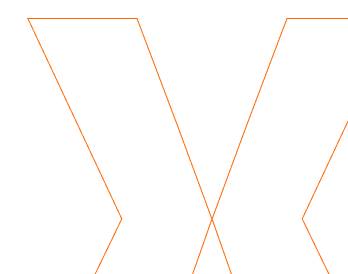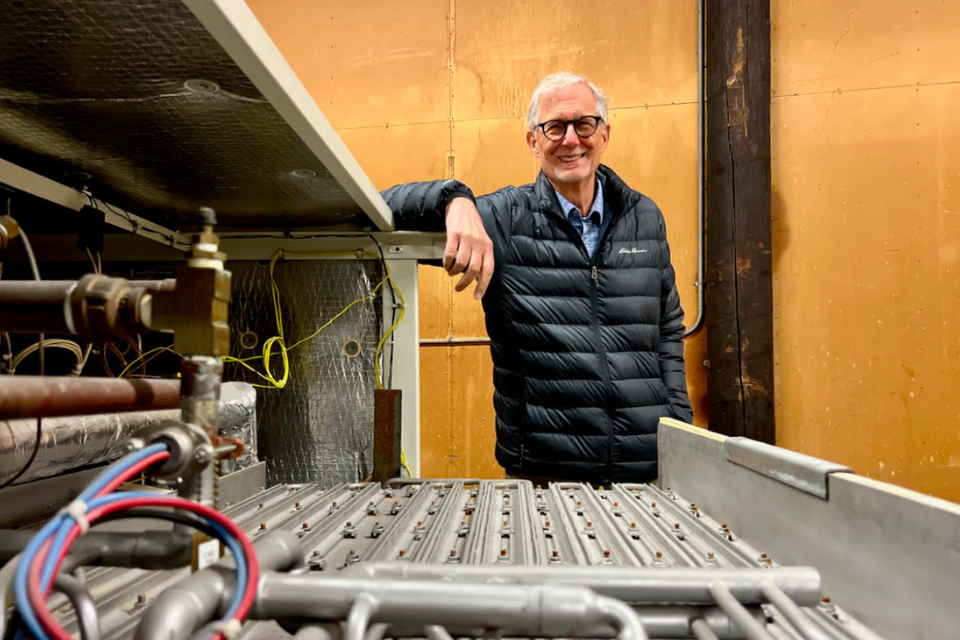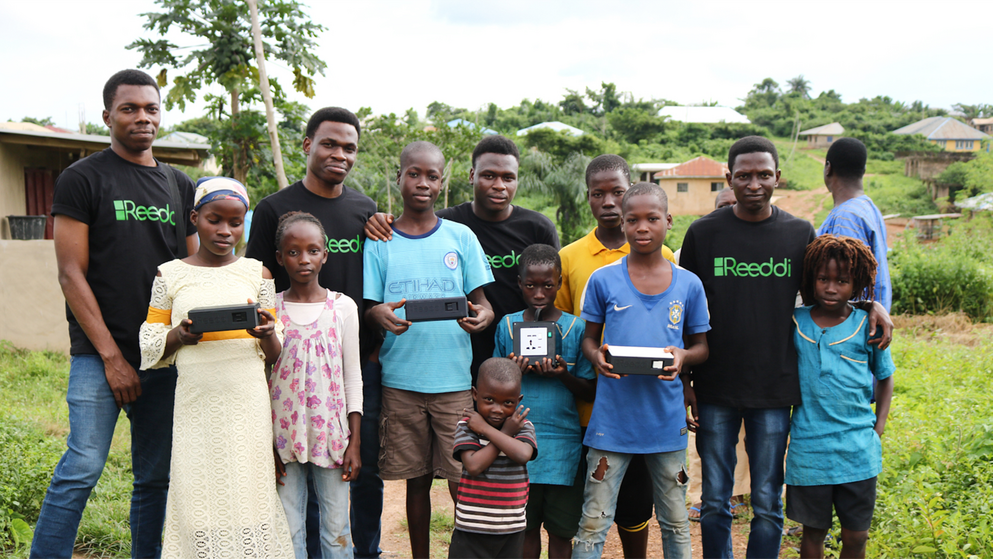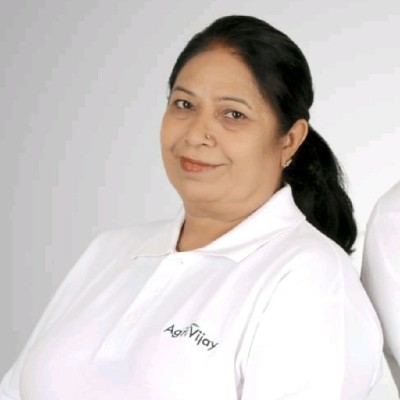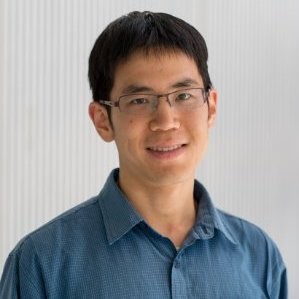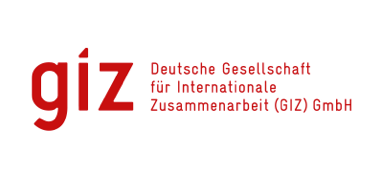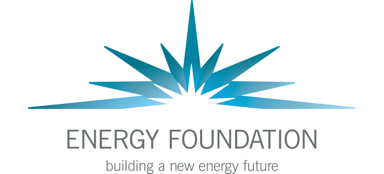
Launch
Accelerate
Fund
Connect
Launch
These programs are designed to inspire new clean energy solutions and form startup teams.
- Bootcamps
- Hackathons
- Educational courses

Launch
Accelerate
Fund
Connect
Accelerate
Providing startups with the training, mentorship, and networks to grow locally and internationally.
- Accelerators
- Incubators
- Commercial partnerships

Launch
Accelerate
Fund
Connect
Fund
Providing capital resources to clean energy startups at various stages of growth
- Impact funds
- Grant programs
- Voucher programs
- Loan programs

Launch
Accelerate
Fund
Connect
Connect
Activities that connect entrepreneurs, corporations, education institutions, civil society, and financial organizations to accelerate startups and remove barriers for entrepreneurs.
